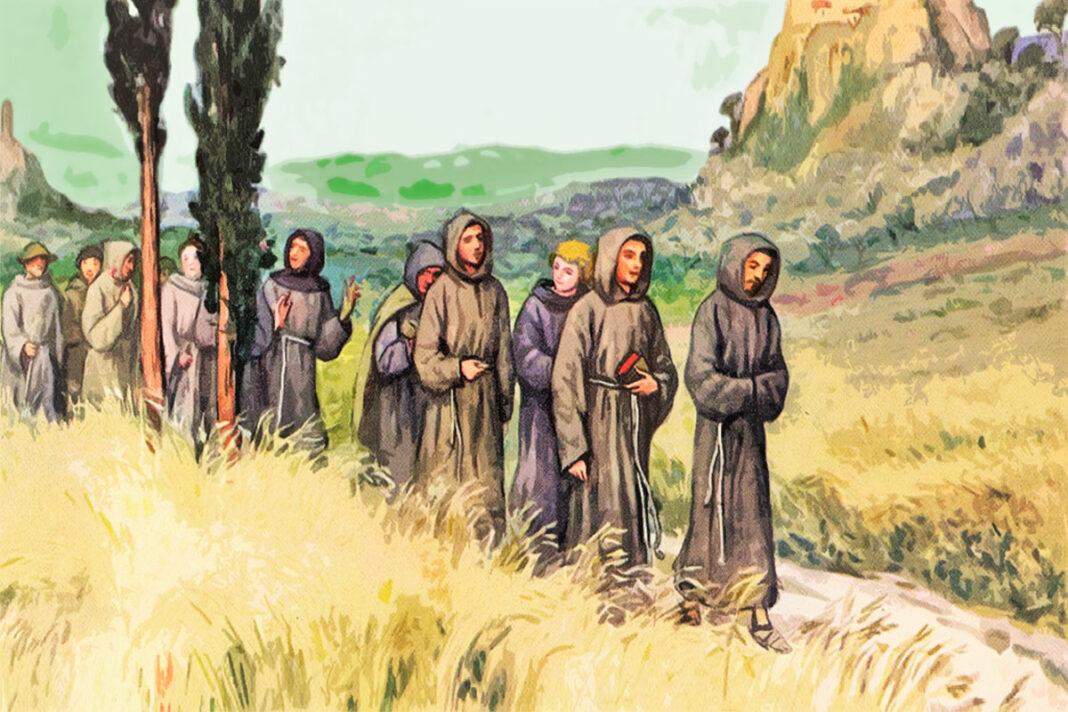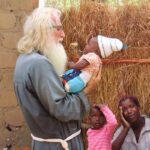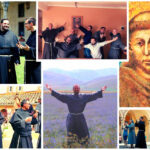11. The Mission in the Rule
The renewal of apostolic life, to which Francis and his friars contributed by involving themselves in the pastoral activities of the whole Church, reached both Christians and non-believers. This renewal circulated through the world of that day and has continued ever since, giving the face of the Church a new dynamism, that is, a new missionary zeal. The Rule itself, with its guidelines for the Franciscan way of life, was a peculiar novelty at that time. One of the things that made it novel was its reference to friars who wanted to go forth, far from their homeland, to show the love of Christ to non-believers (cf. Earlier Rule XVI, FF 42-5, Later Rule XII, FF 107-9). Thanks to this approach, the Franciscans’ openness to the world gradually spread in an ever-widening circle, extending past their homeland to encompass the rest of Europe, including the peoples of Eastern Europe and those in North Africa. The scope of the friars’ missionary activity was not limited. The first friars, who were ready for martyrdom, called themselves disciples of Francis and professed that they were sent all over the world, not only to Christians but also to Saracens and Jews.
According to St. Francis, the service of the missionary was to be extended to those outside of Christianity. This is confirmed in the Earlier and Later Rule: “The Lord says: ‘Behold I am sending you like sheep in the midst of wolves. Therefore, be prudent as serpents and simple as doves.’ Let any brother, then, who desires by divine inspiration to go among the Saracens and other non-believers, go with the permission of his minister and servant” (Earlier Rule XVI 1-3, FF 42). “Let those brothers who wish by divine inspiration to go among the Saracens or other non-believers ask permission to go from their provincial ministers. The ministers, however, may not grant permission except to those whom they see fit to be sent” (Later Rule XII 1-2, FF 107). It is true that the consent of the Superiors is required, but what is particularly emphasized here is the desire of the friar, born of God’s inspiration, to become a missionary. The role of the Minister is not to test the applicant on his preparedness, but rather to determine whether he is suitable and guided by God’s call. In this context, Francis warns the Ministers not to oppose God’s inspiration but rather, to confirm it by allowing the friar to go among the non-believers. This warning is justified to the extent that the missionary vocation is seen as a gift, which God himself invites us to accept.
Friar Dariusz MAZUREK, General Delegate for Missionary Animation
Based upon:
Di Fonzo, W., Odoardi, J., Pompei, A., Bracia Mniejsi Konwentualni. Historia i Życie (1209-1976), Niepokalanów 1988.
Esser, K., Temas espirituales, Oñate (Guipúzcoa) 1980.
Garrido, J., La forma de vida franciscana, ayer y hoy, Oñate (Guipúzcoa) 1993.
Hardick, L., Terschlüsen, J., Esser, K., Franciszkańska Reguła życia, Niepokalanów 1988.
Iriarte de Aspurz, L., Vocación franciscana, Valencia 1975.
Mazurek, D., Św. Franciszek z Asyżu a misje wśród niewiernych, in: W Nurcie Franciszkańskim 8 (1999) 109-119.
URIBE ESCOBAR F., La vida religiosa según San Francisco de Asís, Oñate (Guipúzcoa) 1982.
Wiśniowski G., Działalność misyjna Zakonu Braci Mniejszych, [b.m. i r.wyd.; druk powiel.].














